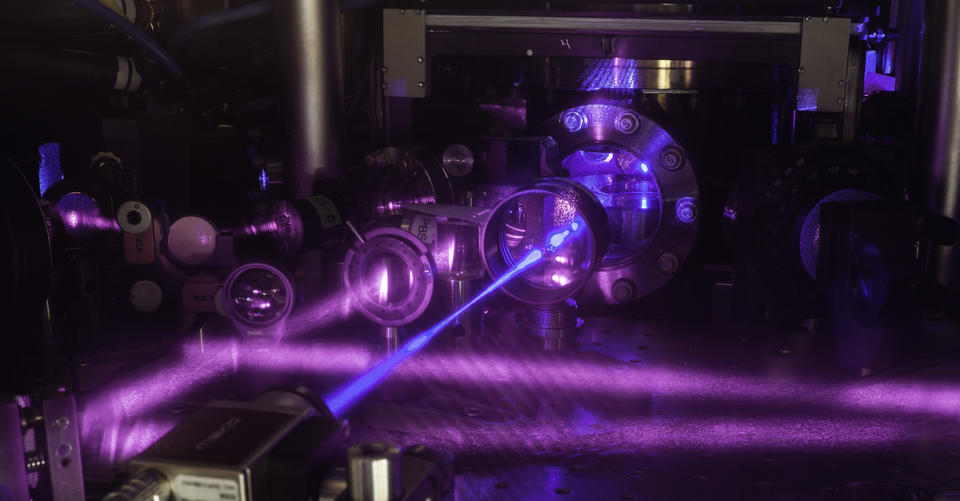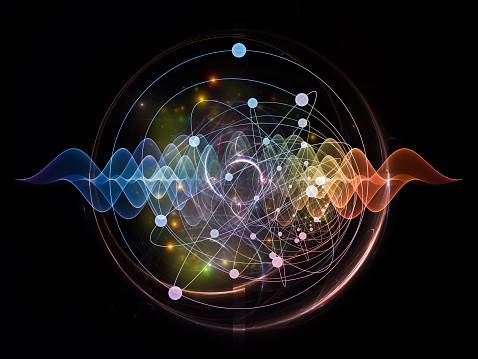From Heisenberg to Quantum Chips, Physics Enters Its Next Great Leap
The year 2025 marks a pivotal scientific milestone — the 100th anniversary of quantum mechanics, first formalized in 1925 by Werner Heisenberg. What began as a radical shift in how we understand matter and energy has now morphed into a new era of quantum technology, poised to revolutionize computing, communication, and even our grasp of space and time itself. As the world celebrates a century of quantum theory, researchers are entering a second quantum revolution — where abstract equations transform into powerful real-world tools.
The United Nations has officially designated 2025 as the International Year of Quantum Science and Technology, highlighting the transformative impact quantum theory continues to have on our world — from smartphones to satellites and, now, quantum computers.
Quantum Computers, Sensors, and Supremacy – The Second Quantum Revolution

Unlike the first quantum revolution, which gave us lasers and semiconductors, this new wave is all about harnessing quantum phenomena like entanglement and superposition to control information in unprecedented ways.
One of the most celebrated advancements is in quantum computing. Companies like Google, IBM, and start-ups like QpiAI from India are building machines that promise to outperform even the fastest supercomputers. Google’s recent breakthrough with its Willow chip reportedly completed a task in 5 minutes that would take classical machines 10 septillion years.
But it’s not just computing. Quantum sensors are now capable of detecting gravitational waves and minute changes in Earth’s magnetic field. Experiments in quantum gravity, led by institutions like Oxford, are pushing boundaries further — trying to entangle two masses via gravity itself, to see if gravity can behave quantum-mechanically.
From Quantum Biology to Space-Time: Where Science Fiction Becomes Reality

In areas like quantum biology, researchers are studying how birds may use quantum effects to navigate, or how photosynthesis relies on quantum coherence. These findings could usher in new technologies that mimic nature’s efficiency at the quantum level.
Meanwhile, some physicists are developing entropic gravity theories, suggesting gravity itself might be an emergent phenomenon from quantum information — a mind-bending concept that blurs the line between physics and information science.
Nations are also stepping up. India launched its National Quantum Mission in 2023 and recently unveiled QpiAI-Indus, its own 25-qubit quantum machine, joining the global race with the U.S., China, and Europe.
The message from physicists is clear: Quantum mechanics, far from being “done,” is only getting weirder, more powerful, and more essential. As we celebrate a century of mind-bending physics, the quantum world continues to challenge our assumptions — and offer revolutionary solutions.





















